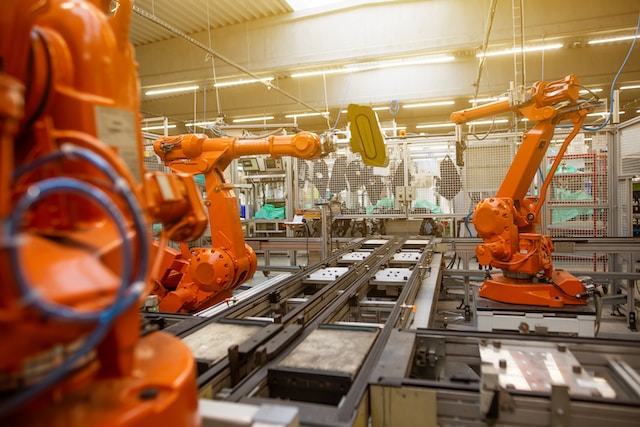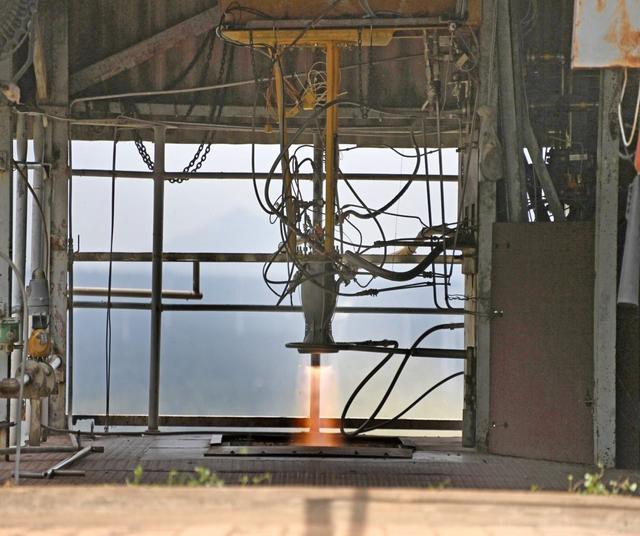Researchers at the University of California, San Diego, along with collaborators from materials company Algenesis, have achieved a significant breakthrough in the fight against plastic pollution. They’ve developed a method for creating plastic from algae that can completely decompose in a natural environment.
Combatting Plastic Pollution: The Promise of Bio-Based Plastics
This bio-based plastic is a major departure from traditional plastics derived from petroleum. Traditional plastics take thousands of years to break down, often fragmenting into microplastics that harm ecosystems as well as infiltrate the food chain.
The new algae-based plastic, however, utilizes a “bio-based polyurethane polymer” that microbes can readily consume. This means the plastic decomposes entirely, leaving no harmful microplastics behind.
Green Innovation: Revolutionizing Industries with Biodegradable Plastics
The study, published earlier this year in Scientific Reports, highlights the complete biodegradability of this new material. Tests showed a 97% reduction in plastic particles after 200 days of composting, exceeding the microplastic level.
This innovation represents a significant step towards a more sustainable future. It has the potential to revolutionize various industries reliant on plastics, offering a more environmentally friendly alternative.
While further research and development are likely needed, this discovery paves the way for a future where plastic use doesn’t equate to environmental damage.







